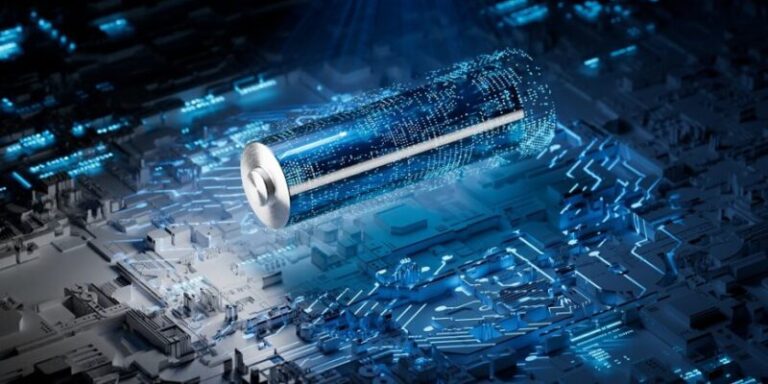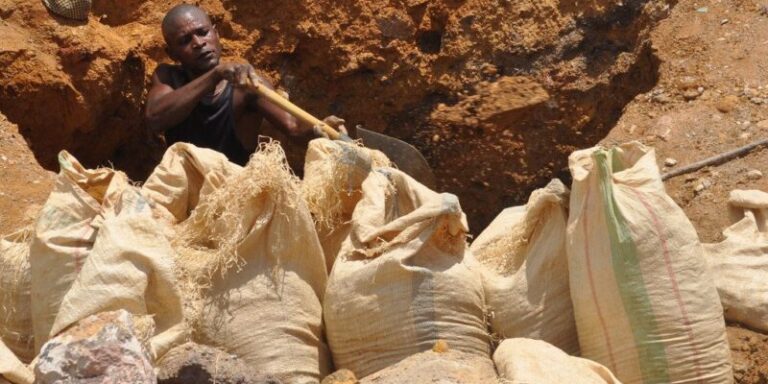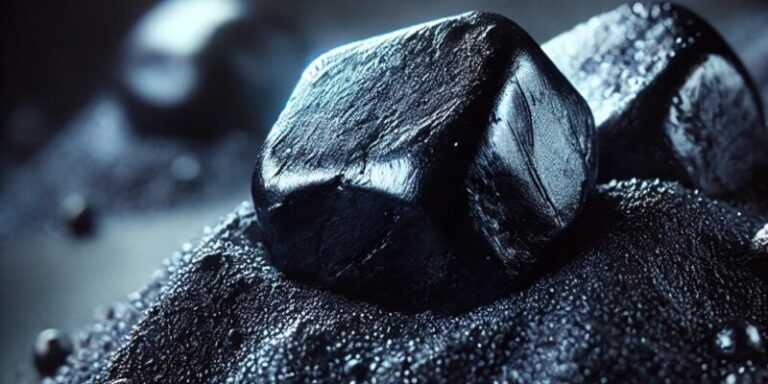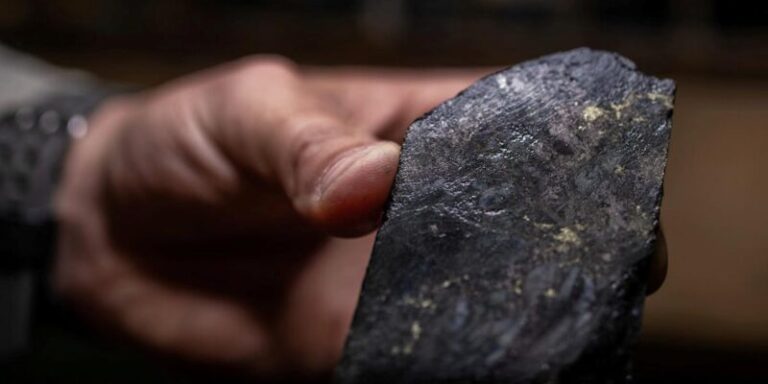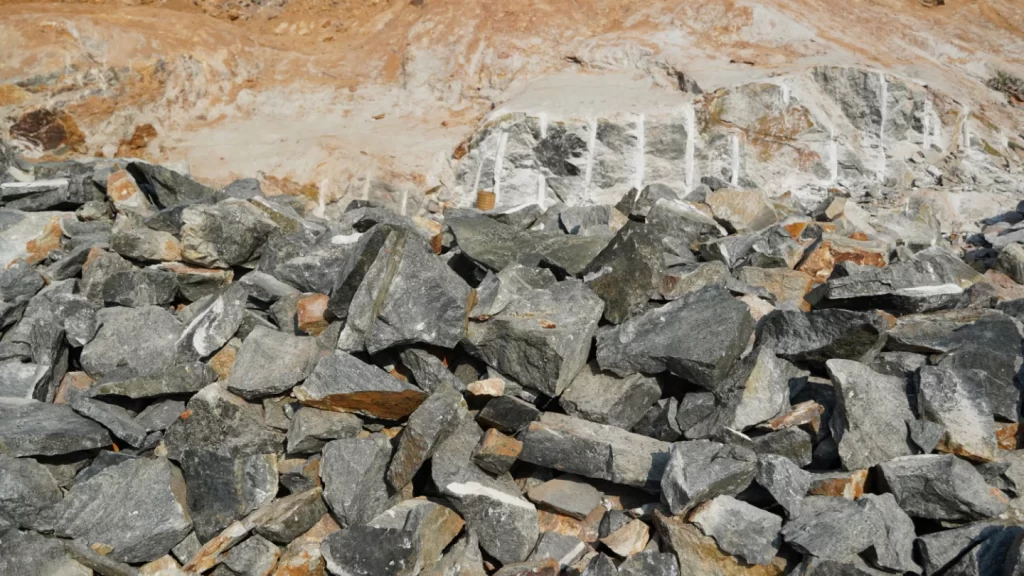
In October 2023, the Ghanaian government signed a historic lithium mining agreement with Australian company Atlantic Lithium, marking the country’s first foray into lithium mining.
However, the deal has stirred widespread controversy, leading to a national discourse on its fairness and transparency.
The agreement, defended by Minister of Lands and Natural Resources Samuel Abu Jinapor, includes a 13% royalty rate and a 30% stake in Atlantic Lithium for Ghana.
While the government touts these terms as favorable, critics from various sectors, including traditional leaders, Civil Society Organizations (CSOs), and the opposition National Democratic Congress (NDC), have raised concerns about transparency and the deal’s potential impact on the nation.
Civil Society Organizations are advocating for more transparent negotiations in resource deals, echoing the sentiments of many Ghanaians who believe that mineral deposits should benefit the entire nation.
The NDC, led by National Communications Officer Sammy Gyamfi, has launched a full-scale attack on the Ghana-Barari DV lithium agreement, calling for parliamentary intervention.
Traditional leaders, such as Paramount Chief Osagyefo Oseadeeyo Agyemang Badu II, have urged the government to temporarily halt the implementation of the agreement, expressing concerns about its current terms.
Other CSOs propose a review of the Minerals and Mining Act, 2006 (Act 703), to align it with the negotiated terms, emphasizing the need for consistency and legal clarity.
Key Terms of the Agreement:
- The Government of Ghana holds a 13% free carried interest in the project, up from the previous 10%.
- Ghana receives a 10% royalty rate, increased from the previous five percent.
Historical Lithium Discovery:
The discovery of lithium in Ghana by Atlantic Lithium dates back to 2017, with significant developments since then.
The company has drilled over 137,000 meters, resulting in a resource of 35 million tons grading at 1.25% lithium.
Partnerships and Investments:
Atlantic Lithium’s capital structure includes a market cap of AUD 277 million, with partnerships with Stage and Piedmont Lithium.
Piedmont Lithium, a joint venture partner, has invested USD 30 million, providing leverage to close the funding gap.
Project Fundamentals:
The mine is projected to have a 12-year lifespan, generating USD 1.5 billion in revenue. It will produce an average of 360,000 tons of spodumene concentrate per year.
As the debate over Ghana’s lithium agreement intensifies, the call for fairness, transparency, and inclusivity in resource negotiations becomes increasingly imperative for the nation’s sustainable development.


